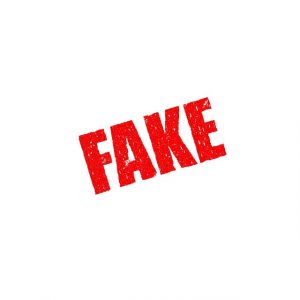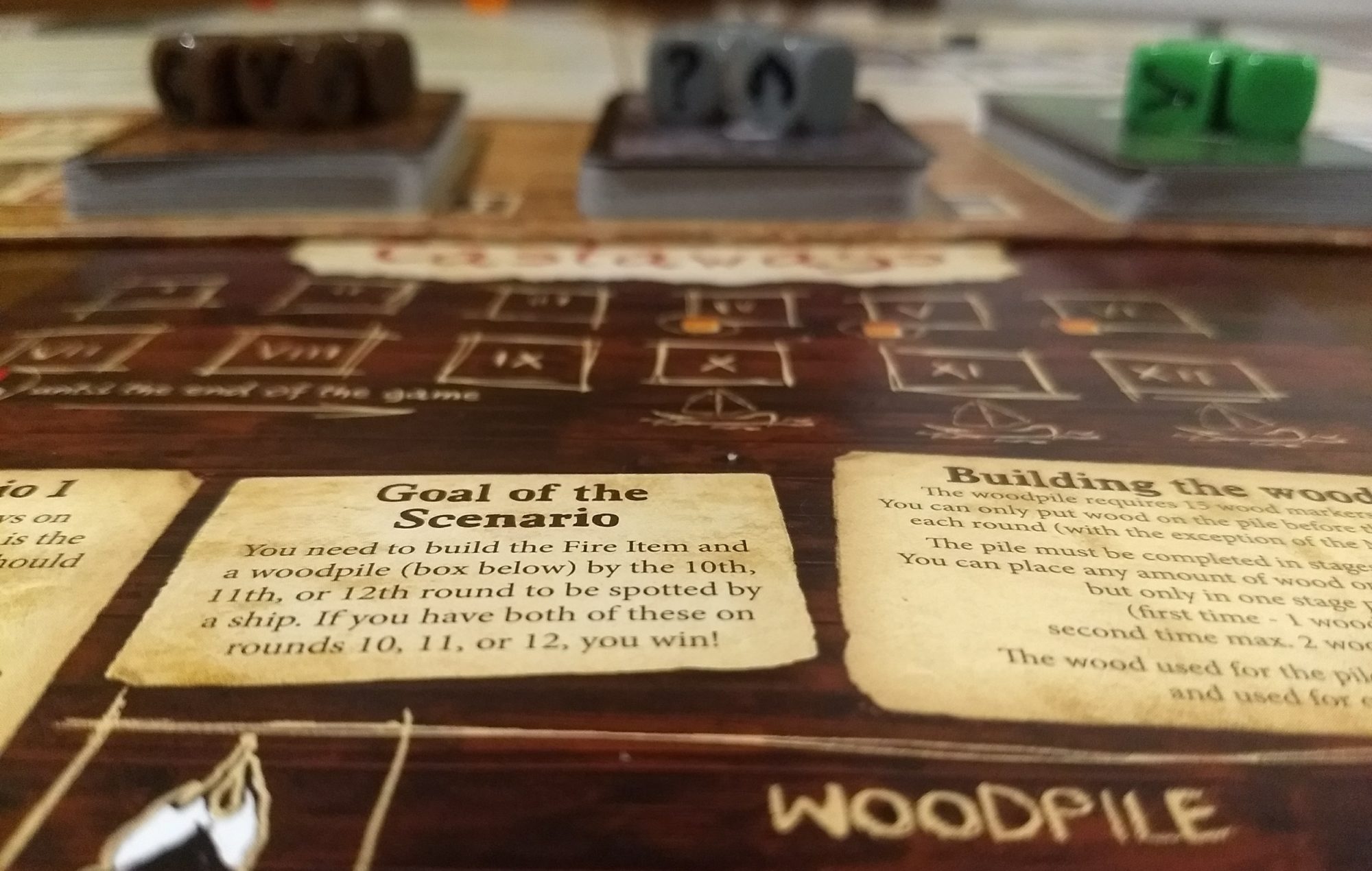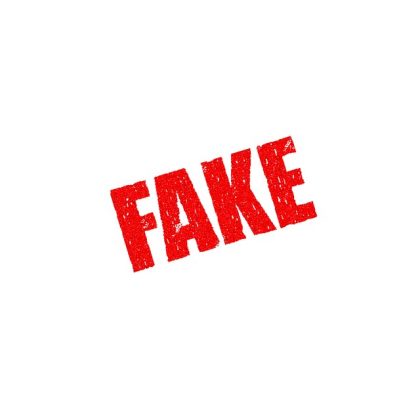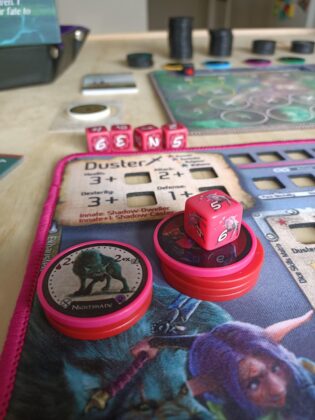Following on from the piece on how counterfeits impact the hobby, today we are looking at what can be done about the problem.
This time I also spoke to Kevin Chu, a consumer with an interest in tracking counterfeit products, in addition to industry professionals.
What are companies doing?
As you can imagine there is a fine line for companies, do they spend the money to chase the counterfeiters or do they continue to focus on their work and hope that counterfeits don’t have a significant impact on their bottom lines.
Ted Alspach from Bezier Games notes the following about their approach to combatting counterfeits:
1) We limit sales of games and availability of companion apps in countries that are known for piracy. The biggest offenders at this time are Russia, China, Vietnam, and Thailand.
2) We’ve had to officially register a number of our game titles, something most small game publishers don’t have the time or money to do, to allow us the leverage we need to take down fake copies when we spot them.
Surprisingly, it is noted by several industry professionals that producing unique components does not seem to have a significant impact on counterfeiting, with these products still getting produced.
So what else can publishers and designers do? Jonathon Fryxelius from Fryx games reports:
We have reported many sellers on eBay and Amazon because they’re selling counterfeits
This is something that Pandasaurus and Steve Jackson Games also state – that reporting counterfeit sellers is a way that companies can start to approach the problem. However, as several interviewees mentioned, the issue is that the seller is the end point with a production and distribution chain behind them which is where the problem begins.
Unfortunately, these producers and manufacturers are a lot harder to track down and stop than their selling counterparts and there are other ways to ensure only legitimate copies are sold, but this process tends to be expensive and time consuming.
We’ve started using Amazon’s Transparency program, which places a unique QR code on every game that Amazon might sell. Amazon won’t sell any games without these if you’ve registered them with them. This costs us money both to procure from amazon and also to print on the boxes – Ted Alspach
The Consumer Advocate
When I started to look at writing this article I saw a few people on Australian sales Facebook pages asking if they had accidentally bought a fake copy. Kevin Chu was someone who stood out as an advocate for consumers and someone who was knowledgeable in the area. I would often see Kevin responding and updating a post on games that had been counterfeited and had been ‘spotted’ in Australia.
Kevin got into the game of tracking down counterfeits when he inadvertently bought some himself and was alerted by his gaming group.
I started looking into various counterfeit games, different sellers, different channels and even finding networks that sells them from China. I do this as an interest and also for public awareness. Been in contact with several publishers over this and from their help we manage to quash many counterfeit sellers both in eBay and other eCommerce channels.
One of the issues that I have noticed is that there seem to be a lot of pop-up games stores around in shopping centres or online. Kevin also recognises this and states that counterfeits in these stores may not reflect ill will by the seller, but moreso inexperience from their acquisitions teams. It is apparently common for these stores to get their stock from a “network of distributors” which often makes it hard to track down where the games are actually coming from.
Unfortunately, as Kevin puts it, the process of tracking these people down is often like fighting the Hydra – when one head is removed three others take it’s place.
As a positive to all of this, though, is the fact that Kevin believes that fake copies have never entered the hobby through legitimate board game distributors in Australia which speaks highly of the teams that acquire new stock from overseas.
What can you do as a consumer?
- Firstly, skip any stores that only stock games that are easily reproducable – these particularly include games that are just cards in a box – party games I am looking at you.
- Try not to engage in the race to the bottom – a cheaper game is an attractive prospect, but sometimes this means that you are buying a fake version of the game. This race to the bottom also pushes legitimate stores out as they are unable to compete;
- Be loyal to sellers – find the stores that work for you and sing their praises. This strengthens buying power of local sellers
- Do not buy from eBay – this is where a lot of illegitimate sellers hang out. Ali Barba, Wish etc are also very high on the list of sellers to avoid.
- Report, report, report – if you feel that you have purchased a game that is a counterfeit, report it to the store and if you are unsatisfied with their response, speak to the publisher.
- Stay informed – places like Boardgamegeek and Reddit will often have posts about fake copies in the market. Keep an eye on these posts to see what you might come across in the ‘wild’





Comments
Luke
Great article! I’ve never received a counterfeit product myself, but I’ve seen quite a few suspicious-looking games at markets.
cameron
Thanks Luke! Markets, pop up stalls all seem to have very low rates of real copies.
Daily Illuminator: Counterfeit Games
[…] What Can We Do About Counterfeit Board Games? […]